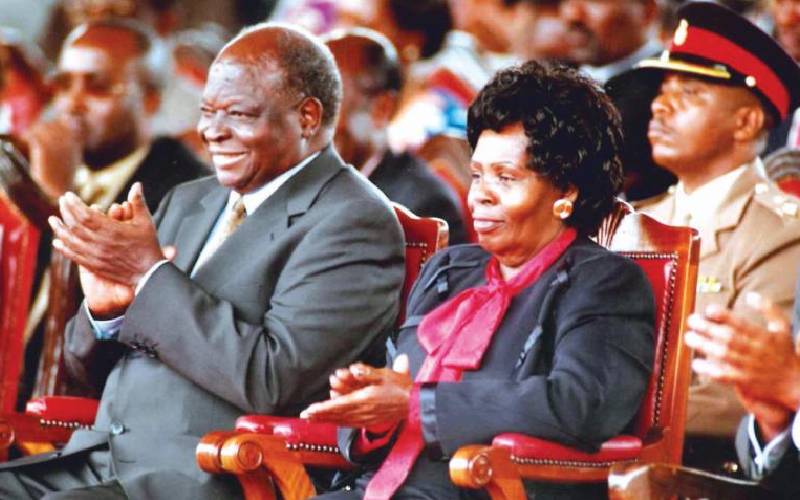×
The Standard e-Paper
Fearless, Trusted News

The death of former President Mwai Kibaki closes a chapter on a man described by many as the gentleman of Kenyan politics.
From the days Kibaki was plucked from a lecture hall at Makerere University in Uganda to join politics, the former long-serving Othaya MP cannot be said to be a typical Kenyan politician, some of whom earn notoriety and fame through abrasiveness.